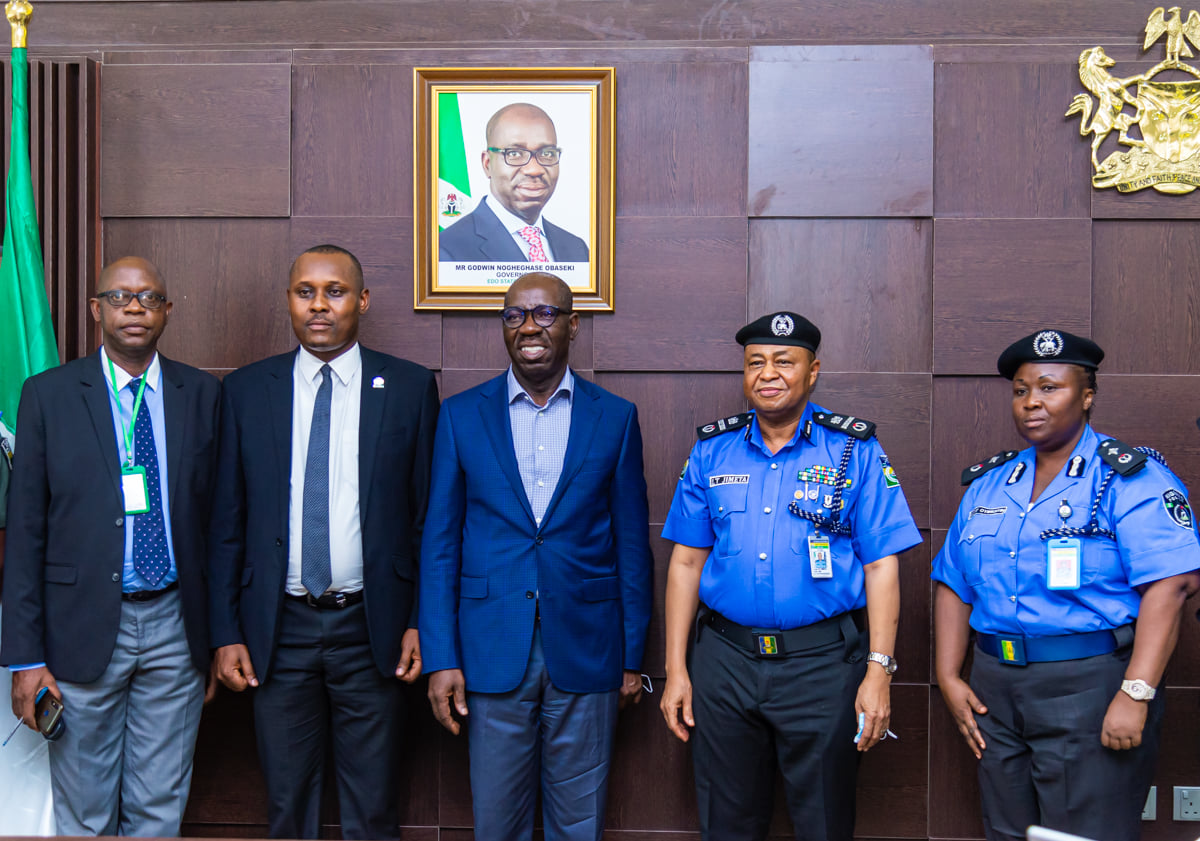Niger Delta
NGO Partners British Council To Support 200 GBV Survivors In Edo

Global Women for Quality and Sustainable Development Initiative (GWSD), a non governmental organization, NGO, says it is providing protection support for 200 survivors of Gender-Based Violence (GBV) in Edo.
Executive Director, GWSD, Mariam Kadiri-Ezolome, disclosed this to news men in Benin yesterday and said the protection support was being provided under its project titled: “Mitigating Gender-Based Violence through Protection Action in Edo South Senatorial District.”
She said the project, which started in January, was being undertaken in collaboration with the British Council and that the support services being provided included temporary shelter, empowerment, as well as psychosocial, medical, and legal services.
She added that the empowerment component of the project was in recognition of the importance of self-sufficiency for women in reduction of incidences of GBV.
According to her, the intervention, which is being funded by the European Union, targets survivors of GBV in Edo South Senatorial District, and would run for a period of nine months.
“Apart from providing protection support for survivors of GBV, the intervention will also include awareness creation, advocacy, community engagement, and social and behavioural change as regards GBV issues.
“We have done advocacy and we are currently doing sensitisation. We have already captured about 43 survivors with issues ranging from defilement, rape and domestic violence, among others.
“By the end of the project, we will be able to provide livelihood skills and empowerment for the survivors based on their needs,” Kadiri-Ezolome said.
She added that meetings with relevant stakeholders were ongoing to promote better synergy in mitigating incidences of GBV, especially against women and girls in Edo.
“We recently had a dialogue with stakeholders, and we are planning to hold subsequent meetings to assess the progress of what is being done to mitigate GBV against women and girls in the state.”
Niger Delta
NPC Unveils Digital Registration System In Delta

Niger Delta
Police Uncover Suspects’ Armoury … Recover Weapons In Delta

Niger Delta
Police Caution On Lawless Protests On Court Matters In A’Ibom

-

 News2 days ago
News2 days agoAmend Constitution To Accommodate State Police, Tinubu Tells Senators
-

 Politics2 days ago
Politics2 days agoSenate Urges Tinubu To Sack CAC Boss
-

 News2 days ago
News2 days agoDisu Takes Over As New IGP …Declares Total War On Corruption, Impunity
-
Business2 days ago
President Tinubu Extends Raw Shea Nuts Export Ban To 2027
-
Business2 days ago
Crisis Response: EU-project Delivers New Vet. Clinic To Katsina Govt.
-
Business2 days ago
President Tinubu Approves Extension Ban On Raw Shea Nut Export
-

 Business2 days ago
Business2 days agoPENGASSAN Rejects Presidential EO On Oil, Gas Revenue Remittance … Seeks PIA Review
-
Business2 days ago
FG Pushes Cassava Bioethanol Drive To Boost Industrial Growth

